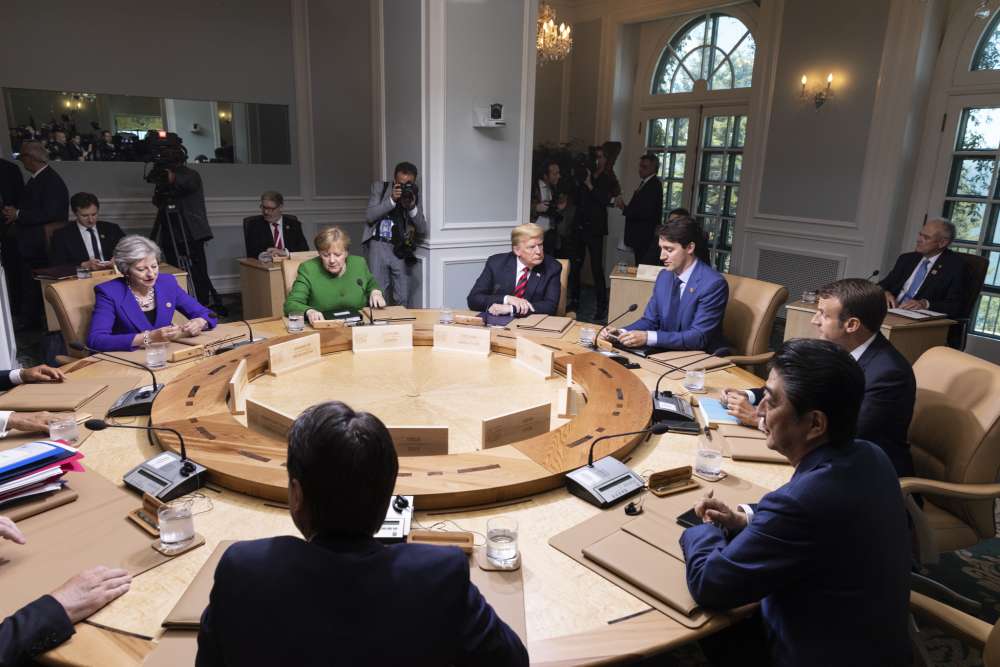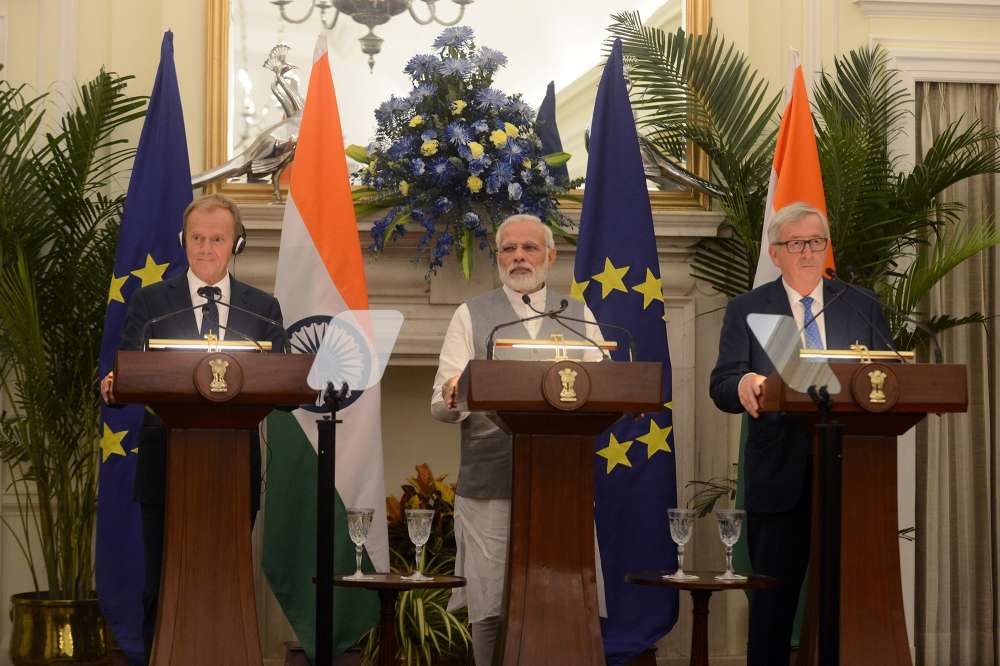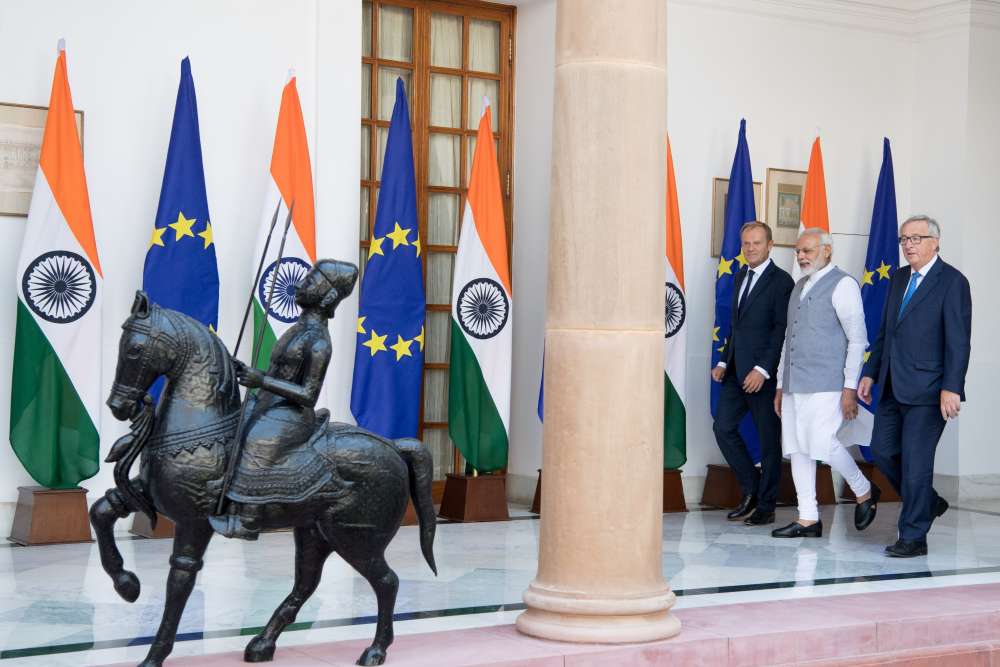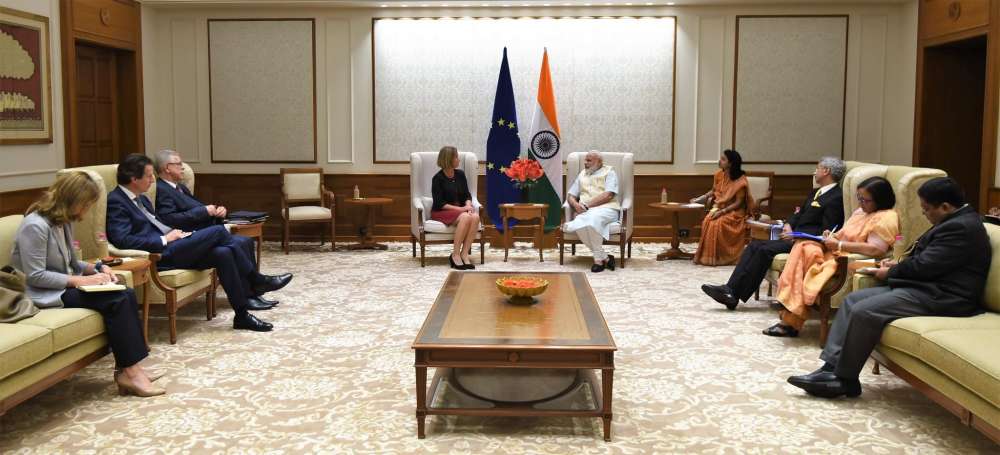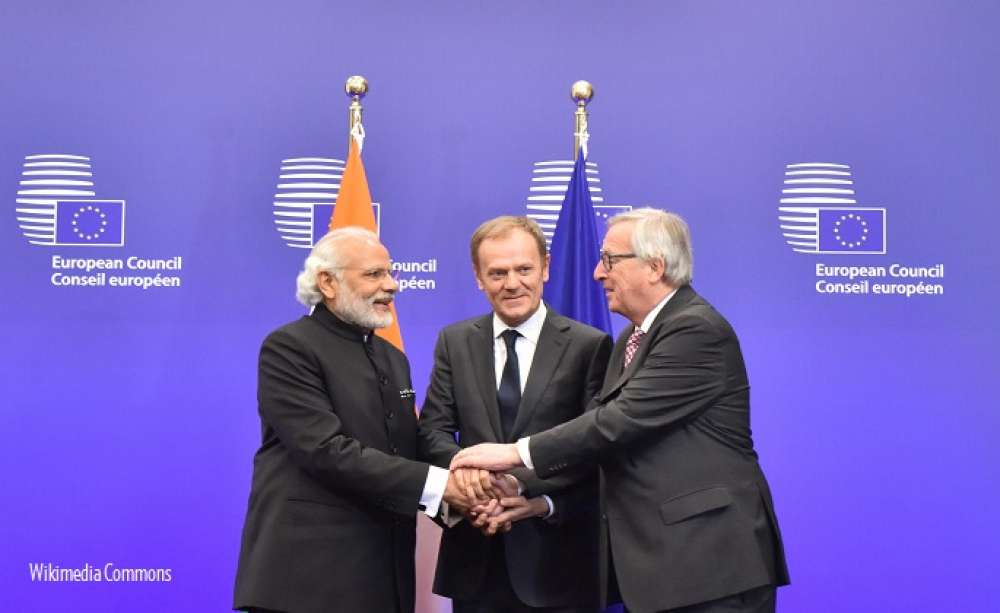Beyond the “Responsible Stakeholder” Illusion
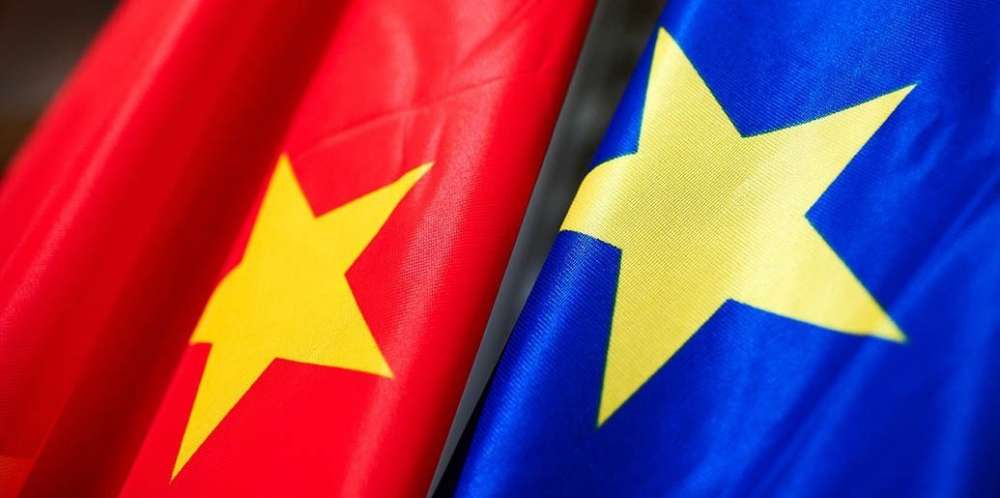
Exactly 10 years ago today, Robert Zoellick, US Deputy Secretary of State at the time, urged China to become a “responsible stakeholder.” He argued that “China has a responsibility to strengthen the international system that has enabled its success.”
From Zoellick’s perspective, China’s “national interest would be much better served by working with us to shape the future international system. Chinese leaders have decided that their success depends on being networked with the modern world.” Over the years, the “responsible stakeholder” mantra has become a staple in Western policymakers’ speeches on China. It embodies the US and European assumption, dominant over the last decade, that China has both an obligation and an interest to be socialized into the Western-led liberal international order.
As Chinese President Xi Jinping embarks on a state visit to the US, it is time to bid farewell to the illusions of this approach.
Instead of focusing on becoming a “responsible stakeholder” on Western terms, China has invested in building a parallel global institutional order on its own terms: a “world without the West,” a term coined in 2007 by US analysts Ely Ratner, Steven Weber and Naazneen Barma. The building blocks are all around us. Beijing is the key underwriter of the BRICS, a non-Western G7 that brings together China, Brazil, India, Russia and South Africa. Far from being just a talk shop, the BRICS have started their own bank, New Development Bank, as well as a contingency reserve facility, as alternatives to the World Bank and the IMF.
There has been talk that the BRICS may set up a rating agency and an alternative to the SWIFT payment system. China started the Asian Infrastructure Investment Bank (AIIB) in which it holds the controlling stakes. Beijing is also a key force behind the Shanghai Cooperation Organization (SCO), aspiring to become a Eurasian counterpart to NATO. In addition, there are a number of other Chinese efforts in diplomacy, standard-setting (including the IT sector) and trade.
All the while, China has continued to engage with the existing institutions of the Western-led order. Where convenient, it has used the benefits of membership. At the same time, it has developed its own distinctive voice to counter Western positions in these institutions, particularly on issues of democracy and human rights.
As Alexander Cooley has documented, China – with Russia by its side – has “experimented with and refined a number of new tools, practices, and institutions that are meant to shield their regimes from external criticism and to erode the norms that inform and underlie the liberal international political order.”
China self-confidently advocates “counternorms that privilege state security, civilizational diversity and traditional values over liberal democracy.”
Where did the “responsible stakeholder” approach go wrong? Some say that China has charted an independent path because of the West’s refusal to do away with outdated privileges, such as having an American and a European run the World Bank and the IMF respectively, or US Congress blocking quota reform at the IMF. This is just another illusion. While this has handed China plenty of convenient argumentative fodder to legitimize its actions, Beijing would have pursued the path of building a parallel order regardless.
The “responsible stakeholder” approach rests on flawed assumptions about both China’s options and interests. It presupposes a binary choice between China buying into the Western-led world order or trying to overthrow it by waging war.
Zoellick did not foresee the option to peacefully route around the existing order by creating “an alternative set of ideas, institutions and rules that are aligned with a Chinese vision of how political economy and state power come together.” It is naïve to assume that an unabashedly authoritarian state would ever become a “responsible stakeholder” in the Western mold.
Yes, China wants to be networked with the modern world — but on its own terms. Nowhere do you see this more clearly than in the field of Internet governance, where China has built the “Great Firewall” and advocated concepts such as “information security.”
The US and Europe must break with the “responsible stakeholder” approach and devise an alternative.
It would be yet another illusion to assume that the West can block China from pursuing its “parallel order” ambitions. The US tried this unsuccessfully with the AIIB — and has hopefully learned its lesson. Rather, the West should take up the challenge posed by China. US and Europe will be able to do so with greater self-confidence if at the same time they address the shortcomings of their domestic liberal order and political economy.
Beyond this, there are four elements to a successful Western strategy:
First, this means rekindling the appeal of the institutions of the liberal international order. For this, the West needs to get the legitimacy game right. Even if this will not change the calculus of China, the West should relinquish outdated privileges in, for example, the World Bank and the IMF. This is because the main audience in the legitimacy game is the 150 or so countries that are neither part of the Western core nor the BRICS. This would then unmask the rhetoric of a broader “democratization” of international politics as a result of the rise of the BRICS.
There is nothing new about a new cast of powers aspiring to the trappings and privileges that come with the great-power status (e.g., the Chinese supermajority in the AIIB). This will also expose Chinese posturing as aligned with “developing countries” and the “Global South” as increasingly farcical.
Second, build issue-specific alliances. While Europe and the US will not be able to claw democratic rising powers, such as Brazil and India, away from China’s orbit, they can find areas for cooperation, as Europe has done with Brazil on Internet governance (where Brazil subsequently parted ways with China and Russia).
Third, the West should pursue selective engagement with parallel institutions such as the AIIB wherever this suits US and/or European interests. This presupposes much better coordination across the Atlantic. A precondition for this is a change in perspective on the part of Europe. EU countries can no longer just approach China and other rising powers from a trade and economic perspective – a broader political perspective is needed that also includes the manifold regional security challenges in Asia. And most of all there needs to be more cooperation and cohesion on China policy within the EU. Right now, there is no common strategic discussion among the leaders of major European powers and the EU on China. Rather, all EU countries, large and small, seek to build their own privileged partnership with China – a situation that China knows how exploit to its advantage.
Fourth, strategic patience rather than panic should inform the Western approach. All those predicting a long-term strategic alignment between Russia and China argue on weak grounds. And countries like India will not be able to play their game of being strategic partner with just about every major power forever. Until now, China and the other BRICS countries are united by grudges against Western power, hegemony and hypocrisy and an interest in delegitimizing Western privileges and prerogatives in the global order. The more the West´s relative dominance decreases, the less of a glue this becomes. And then, just let geopolitical gravity work its magic.
…
This op-ed originally appeared in Deutsche Welle on September 9, 2015.
